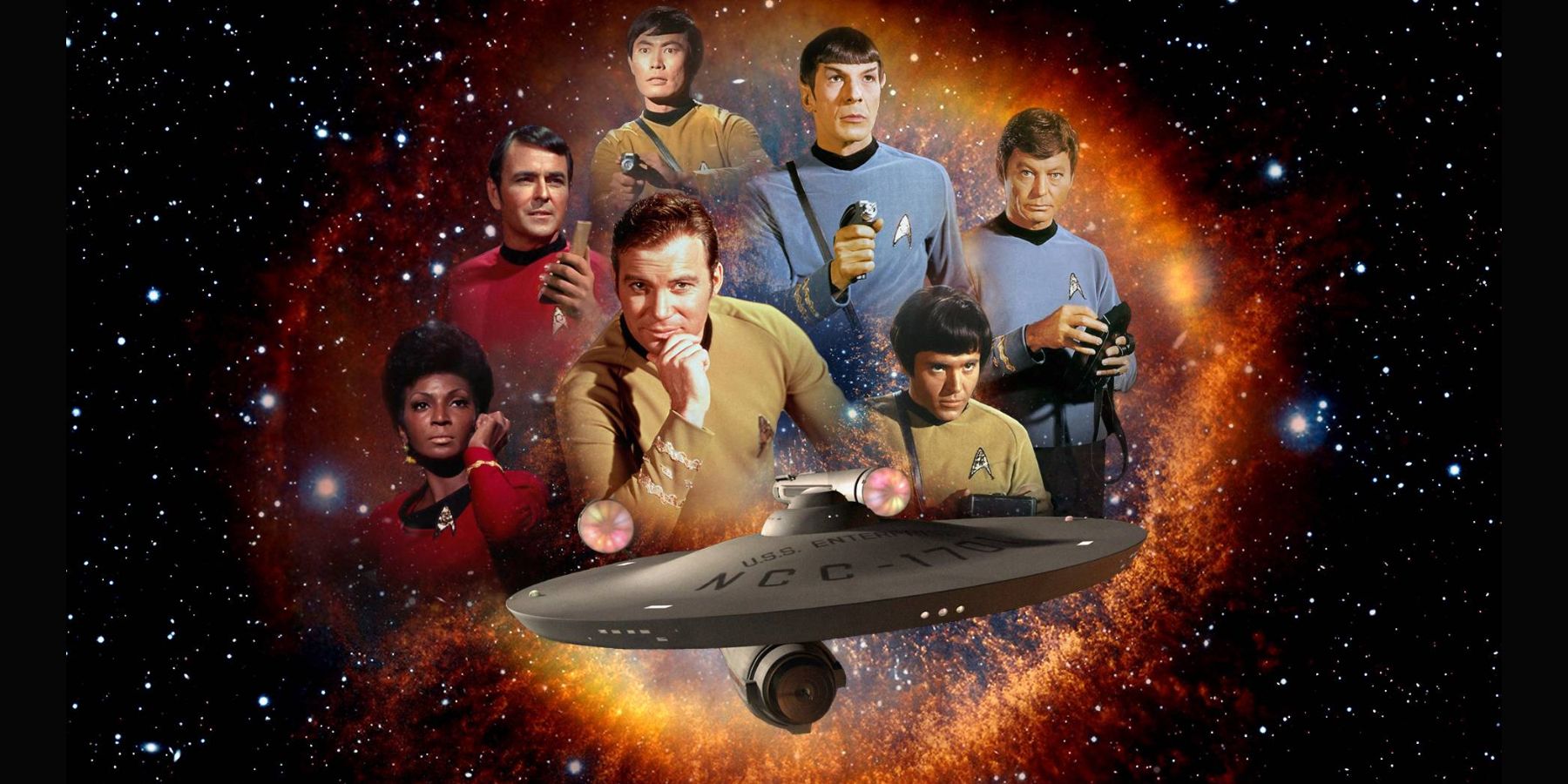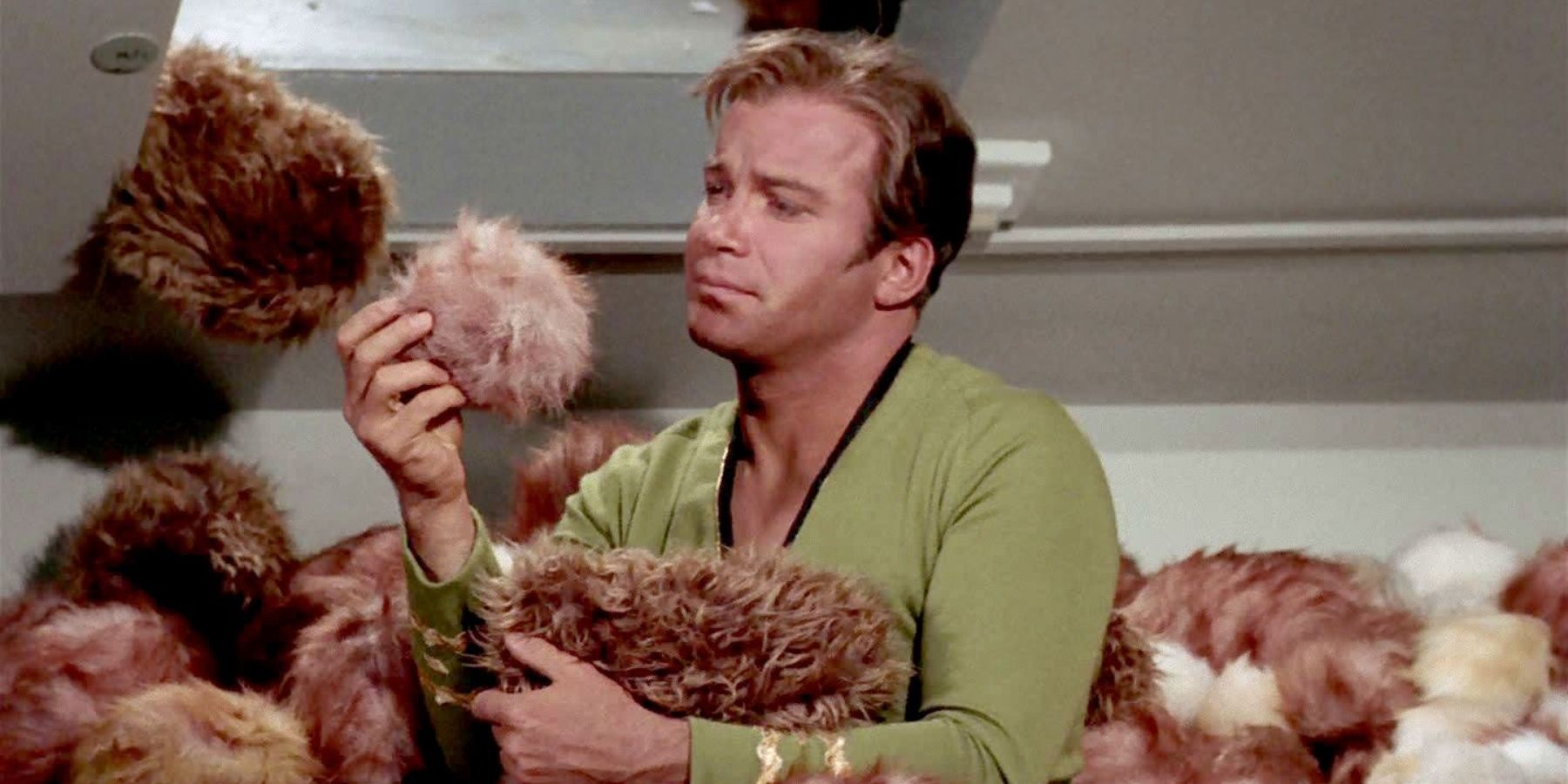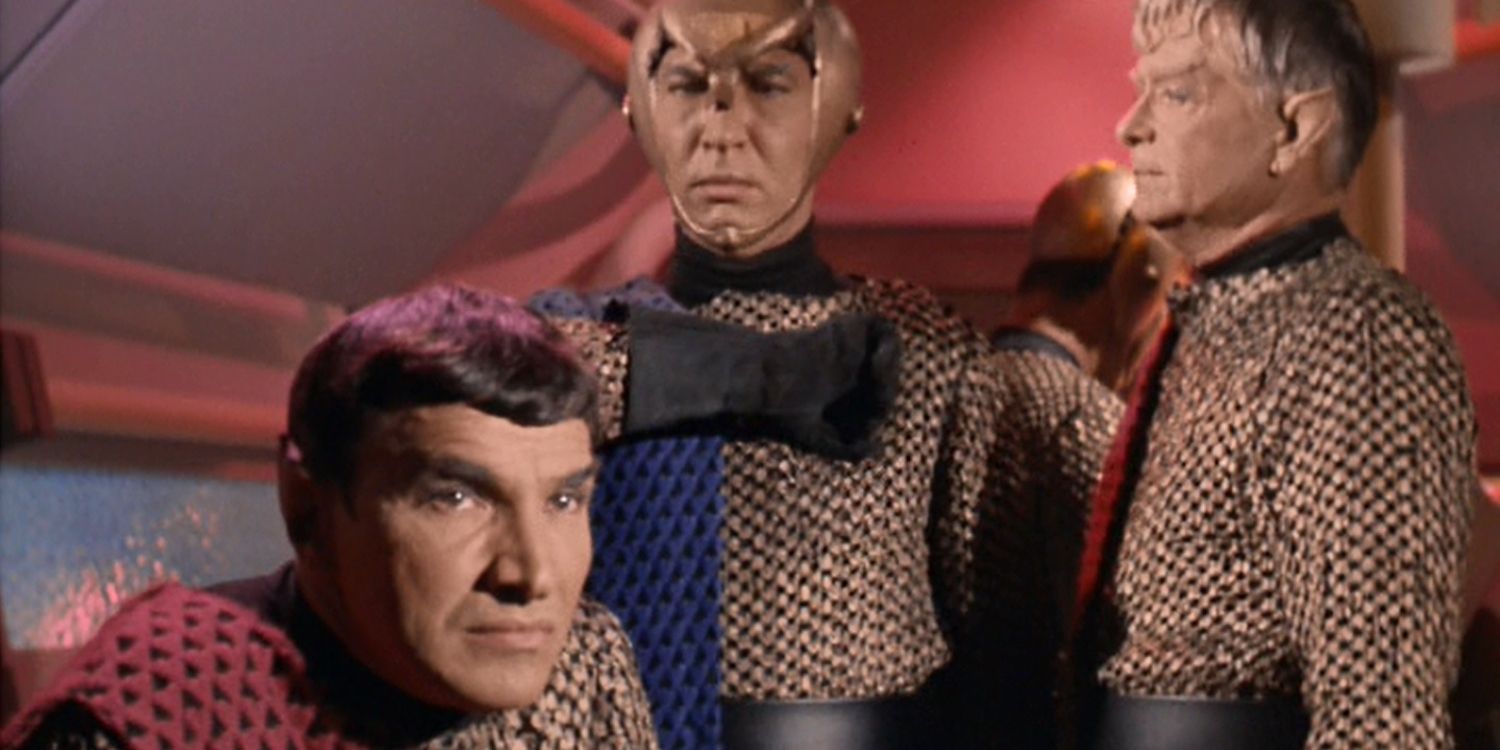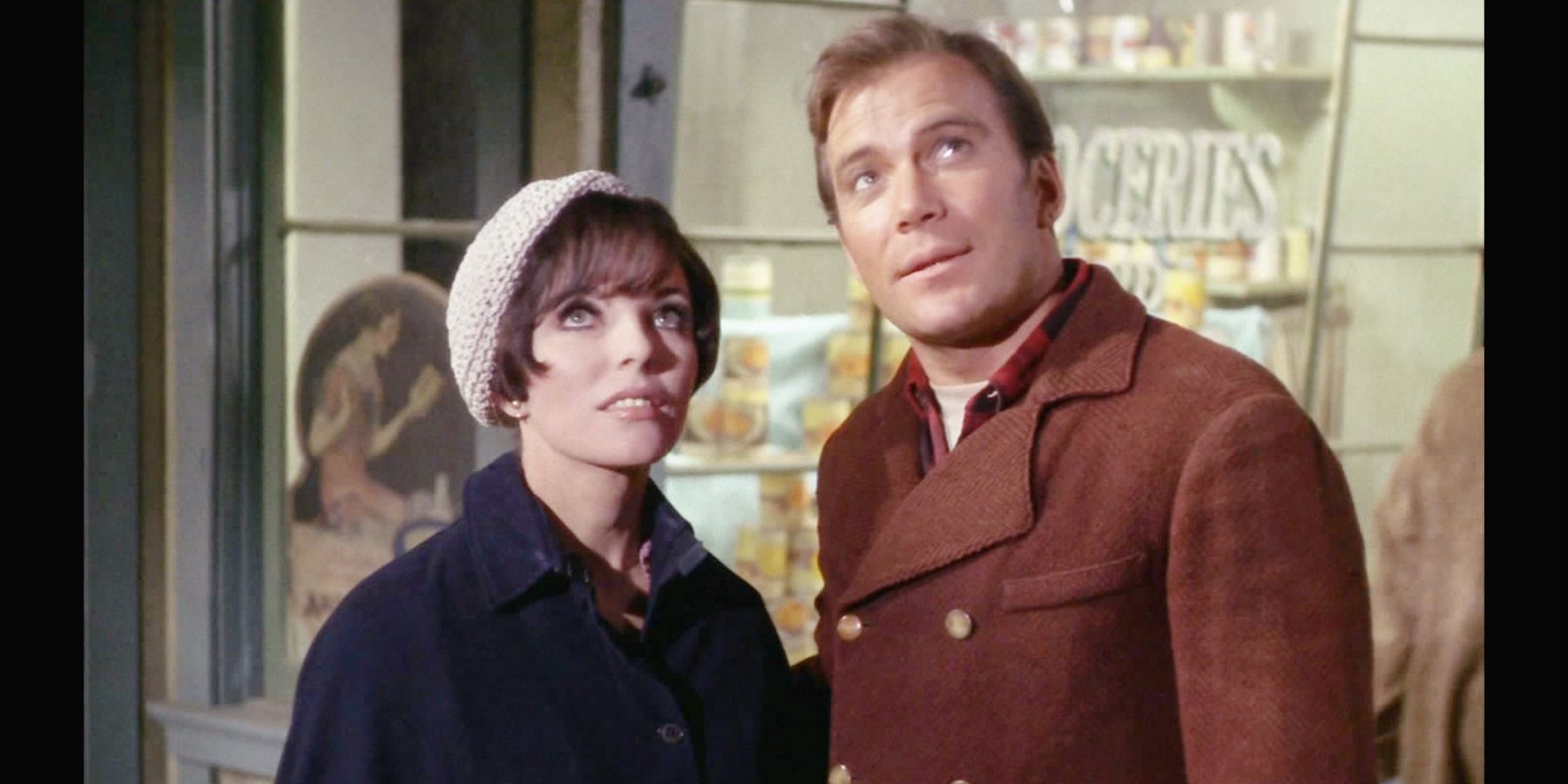Over the many years since Star Trek hit the small screen, there have been an incredible array of amazing episodes. While a lot of these are tributes to the later series, like Deep Space 9’s “In The Pale Moonlight” or The Next Generation’s deeply emotional “The Inner Light”, there are also some fantastic episodes within The Original Series.
The first Star Trek show is often thought worse of, despite it being the start of everything. It's a relatively dated and clunky affair made on a shoestring budget. But of these episodes, there are three that stand out, each for different reasons that highlight everything that Star Trek is about and what made The Original Series special.
"The Trouble With Tribbles"
The first episode, and potentially the most iconic, is “The Trouble With Tribbles,” an episode that highlights TOS’s brilliant grasp of humor. It set a precedent for the shows to come that no matter the greater context of the shows, there is always time for comedy in sci-fi. The episode is riddled with plot holes, but it is hilarious. When it first aired, it felt like the writers were able to take a step back from the epic show they were creating, and not take themselves too seriously. With all the endless possibilities for life out there, why couldn’t tiny sentient, fluffy furballs exist?
The episode features a lot of wonderfully campy acting from Shatner’s Kirk. The now-iconic actor understood the assignment entirely, and really played into the ridiculousness of the entire situation. Plus, it must have been a lot of fun for the actors to roll around in a room full of vibrating furry creatures, making it impossible for any of them to take the situation seriously.
"Balance of Terror"
“Balance of Terror” encapsulates the action-adventure elements prominent within the franchise. It features a high-stakes situation that, if handled badly, could spell demise for all the human race. It’s a great episode not just because it features a lot of nail-biting action and tense moments, but because it had a duality of multiple good versus evil storylines. It did what Star Trek of this era did best: tackled topical issues using their futuristic, allegorical stories.
Here the show tackled racism and bigotry fairly straight on, with the inclusion of an evil human leader hell-bent on domination. It was a prime example of the dangers of deep space exploration, instilling a wariness that would carry through the franchise. The episode was very well written from start to finish. Instead of falling into the trope of black-and-white, good-versus-evil, it made audiences understand how the enemy became the way they were. It showed how their intentions were good, but they were undone by their own prejudice. This made it possible for audiences to empathize with them, something not often found even in modern science fiction. Character flaws were the main focus of the episode, and it was great not just because of the villains flaws, but because it gave the rest of the cast an opportunity to flex their acting muscles. Each one was given ample time to shine.
"The City On The Edge Of Forever"
For an episode filled with drama opposed to action or comedy, look no further than “The City on the Edge of Forever.” It focused heavily on interpersonal drama, and is a prime example of Star Trek being pioneers in science fiction. It focused less on the politics of the Federation, instead on the complex morality of good intentions paired with bad actions.
The premise of the episode is all about choice. If a person could change anything in history, what things would they have done differently, altering the path they currently take. The episode sets up the template for a lot of others, Picard later doing something similar with the omnipotent Q. But it also contains all the good ingredients for a complete episode: romance, drama, and moments of actions interlaced throughout. The episode was so good it won two awards. While there are still issues with it, it felt real. Some decisions made by actors seem odd at first, but upon reflection, those decisions perfectly sum up the emotions they are feeling. The prime example is the moment of deep grief and loss felt by Kirk, where he bites his fist. Out of context it’s almost humorous, but in the moment it fits. It's a strange thing to do, but people who are grieving make these strange but natural choices.
These three episodes sum up everything the franchise is all about. While things may have diverted slightly from the vision Roddenberry first dreamed up during these early days of Trek, a lot of these elements are still present. The shows have always tried to balance serious, life-threatening action with comedy and lightheartedness, as well as injecting complex and allegorical interpersonal drama into the mix, show about people and how they interact with one another across the galaxy.




